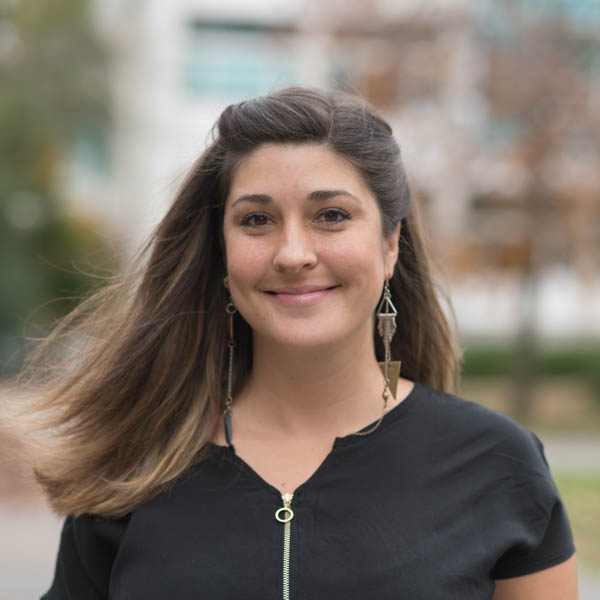Ashley Rose‘s Career Path

| Home Town | Regina, Canada |
| Current Location | Calgary, Canada |
| Job Title | N/A |
| Employer | N/A |
| Degree Completed in | 2016 |
“I was drawn to the MLWS program because I could receive a professional degree in one year and explore my interests in watershed management. The major project component was extremely rewarding, as I learned about the interconnections between land use and water management. The instructors truly want you to succeed and go above and beyond in providing guidance and support. The learning experience was incredible and helped me grow both professionally and personally.”
Ashley received her BSc in Environmental Science from Royal Roads University in Victoria, BC and completed the MLWS program in 2016.
She investigated a true integrated land and water system issue for her MLWS Major Project: she wanted to know the extent and nature of impervious areas on agricultural lands and their potential effects. With increasing development pressure on lands in the urban-rural fringe, the encroachment of non-farm uses on agricultural land is becoming a greater concern. Her work focused on the Lower Mainland region of British Columbia and was supervised by Dr. Les Lavkulich.
“One of the most unique aspects of the MLWS program is the infusion of science communication training into the curriculum. It sparked my creativity and gave me the tools to create a website, infographics and other forms of multimedia to communicate effectively to non-scientific audiences in an open and accessible way. The communication skills I have acquired have increased my capacity to work with multidisciplinary groups and engage in meaningful discussion and debate, which promotes understanding, diversity and inclusivity.”
The Agricultural Land Reserve (ALR) was originally established with the goal of protecting prime agricultural soils from being lost to urbanization and other development in the province of British Columbia. However, there is a wide array of activities that are permitted in the ALR such as the construction of greenhouses, crop and dairy barns, estate-sized homes, roads, and commercial facilities that permanently seal the soil with impervious surfaces and take the soil out of production. The objective of Ashley’s work was to estimate the extent of impervious surface area in the Metro Vancouver ALR in order to analyze the impacts on the hydrologic cycle and to quantify the amount of arable agricultural land that is taken out of production, based on the Soil Capability for Agriculture classification. The information is useful for developing watershed protection strategies and assisting policymakers in making land-use decisions to protect the long term integrity of the ALR and soil-based agriculture. You can access Ashley’s full article, Analysis of Impervious Surface Area, and the Impacts on Soil-based Agriculture and the Hydrological Cycle, in the Agricultural Sciences journal.